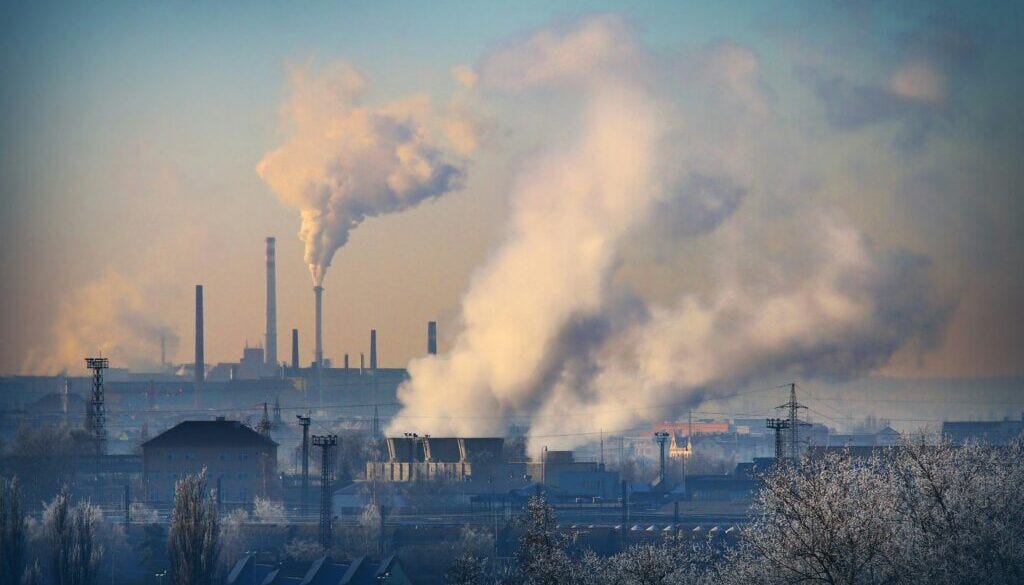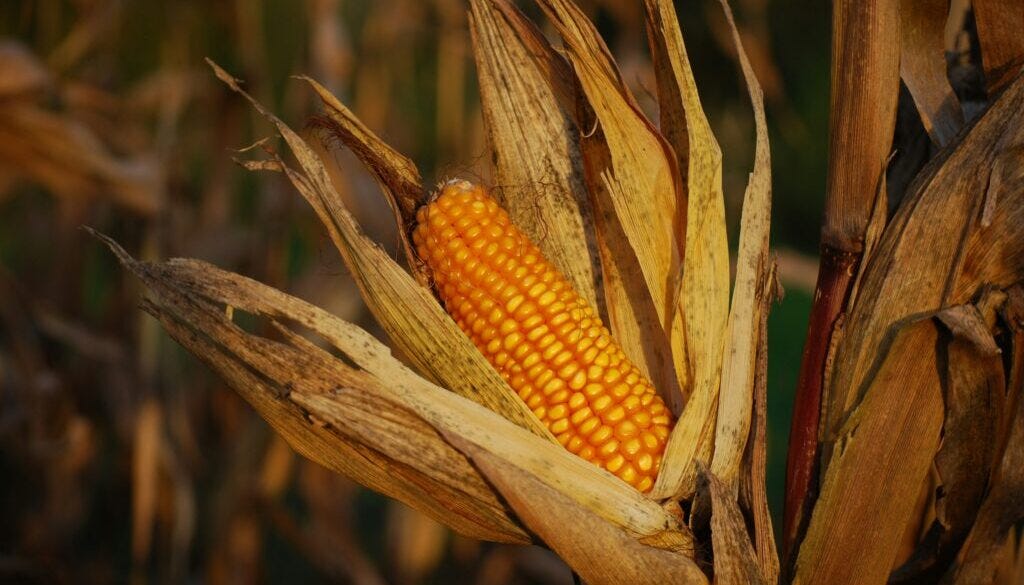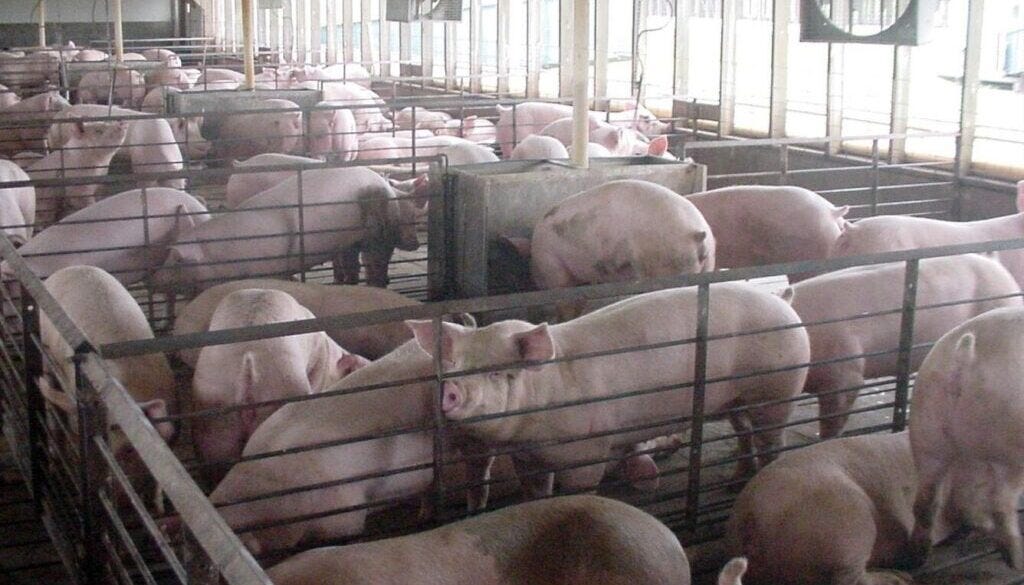Must-read recap: The New Lede's top stories
Petrochemical production growth linked to increased diseases, report finds; Mexico's precaution on GM corn; new report sparks questions and controversy over Iowa "cancer crisis."
“Explosive growth” in petrochemical production linked to increases in cancers and other diseases in new report
(A version of this story was co-published with The Guardian.)
Chemical pollution tied to fossil fuel operations is not only driving harmful climate change but is also posing dire risks to human health at levels that require aggressive private and public efforts to limit exposures, warns a new analysis published in the New England Journal of Medicine on March 6.
The article authored by Tracey Woodruff, a professor at the University of California San Francisco (UCSF), cites data from dozens of research studies highlighting what Woodruff calls a nexus between “explosive growth” in the petrochemical industry that includes forecasts for plastic production to grow almost three-fold by 2050, and data showing increases in cancers and other diseases in young people, particularly reproductive cancers in women.
Between 1990 and 2019, rates of neurodevelopmental disorders, diabetes, chronic respiratory disease, and certain cancers are among the non-communicable diseases that have increased, with petrochemicals used in producing plastics and other products among drivers of the growth, according to the paper. (Read the rest of the story.)
Mexico’s precaution on GM corn safety is justified
(This article first appeared in Food Tank.)
(Opinion columns published in The New Lede represent the views of the individual(s) authoring the columns and not necessarily the perspectives of TNL editors.)
A Presidential decree has banned the use of genetically modified (GM) corn for food in Mexico. But the governments of the United States and Canada are using the US-Canada-Mexico trade agreement (USMCA) to challenge Mexico’s actions.
The purpose of Mexico’s restrictions on GM corn is to safeguard the integrity of native corn from GM contamination and to protect human health. The purpose of the US and Canadian challenge is to defend the interests of the biotechnology industry. The US and Canada want to force Mexico to open its market to all genetically modified foods and seeds. Canada is supporting the US challenge (as a third party in the dispute) even though Canada does not export any corn to Mexico.
Mexico has the right to restrict the use of GM corn. The US argues that Mexico’s actions are not based on scientific principles, but the government has sufficient science to justify its precautionary policies. (Read the rest of the opinion column.)
New report sparks questions and controversy over possible causes for Iowa “cancer crisis”
(This report, co-published with Circle of Blue, is part of an ongoing series looking at how agricultural policies are affecting human and environmental health.)
Amid increasing scrutiny of a potential link between Iowa farm chemicals and cancer, a new report is generating controversy as it blames rising cancer rates not on the toxins used widely throughout the state, but on something else entirely: binge alcohol consumption.
The Iowa Cancer Registry, a health research group housed at the University of Iowa, reported on February 20 that Iowa has the second-highest and fastest-rising incidence of cancer among all states. An estimated 21,000 new cancer cases are expected to develop this year and 6,100 Iowans will die from cancer, Iowa Cancer Registry Director Mary Charlton said in announcing the new report. Iowa, she said, has the highest rate of binge drinking in the Midwest with 22% of residents reporting binge drinking, more than the national average of 17%. Overall, Iowa has the 4th highest incidence of alcohol-related cancers in the US, according to the report.
“Alcohol is a known carcinogen and a risk factor for several cancers including oral cavity, pharynx, larynx, esophagus, rectum, liver, and female breast cancers,” Charlton said in a news conference.
The assessment has drawn questions and sparked doubts, however, from state leaders and health and environment researchers who have been calling for a probe into just how much the state’s agricultural industry may be contributing to the spread of disease. (Read the rest of the story.)



